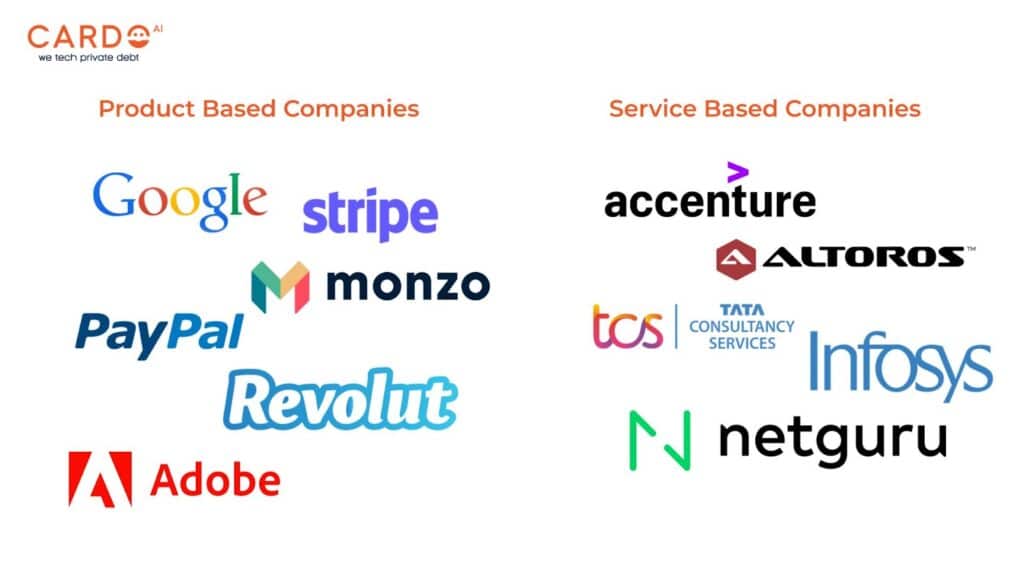In the world of business, companies can be broadly classified into two categories: product-based and service-based. While both types of companies offer something of value to their customers, there are significant differences between them. In this article, we will explore the distinctions between these two types of companies and their respective business models.
Contents
Product-Based Companies
Product-based companies are those that primarily focus on producing and selling physical goods. They have a fixed range of products that they offer, and their business model revolves around the mass production and distribution of these products. These companies may also have variations of their main products, but they are usually limited in number and do not deviate too much from the core offering.
Product-based companies invest heavily in machinery, technology, and infrastructure to ensure that their production process is streamlined and efficient. They have standardized recipes, which are replicated across all their manufacturing facilities to maintain consistency in quality and performance. The focus of these companies is on maximizing their production and distribution capabilities to reach as many customers as possible.
Service-Based Companies
Service-based corporations, on the other hand, focus on providing customized and personalized services to their customers. These companies often have a smaller range of products than product-based companies, but they make up for it by offering unique and bespoke services.
Service-based companies may offer a wide range of services, including consulting, training, coaching, and support. They may also offer customization options, such as the ability to tailor their services to meet the specific needs of their customers. The focus of these companies is on building long-term relationships with their clients and delivering value through high-quality services.
Key Differences & Examples
There are several key differences between product-based and service-based companies. These include:
- Tangibility: Product-based companies offer tangible goods that customers can touch, feel, and use, while service-based companies offer intangible services that are experienced rather than possessed.
- Scale: Product-based companies have the ability to scale their operations quickly and efficiently by investing in machinery, technology, and infrastructure, while service-based companies rely more on human resources and expertise, which can be harder to scale.
- Customization: Service-based companies offer greater customization options to their clients, as their services are often tailored to meet the specific needs of their customers. Product-based companies, on the other hand, may offer variations of their main products, but they are limited in number and do not deviate too much from the core offering.
- Customer Relationship: Service-based companies focus on building long-term relationships with their clients by delivering high-quality services and personalized attention. Product-based companies, on the other hand, focus on maximizing their production and distribution capabilities to reach as many customers as possible.
Examples of product-based companies include Apple, Coca-Cola, and Procter & Gamble. These companies have a wide range of products that they offer, which are produced and distributed on a mass scale.
Examples of service-based companies include consulting firms like McKinsey & Company, coaching companies like Tony Robbins, and software companies like Salesforce. These companies offer customized services to their clients, which are often tailored to meet their specific needs.
Conclusion
Product-based and service-based companies are two distinct types of businesses, each with its own unique characteristics and business models. While both types of companies offer value to their customers, the differences between them can have significant implications for their operations and growth strategies. Understanding these differences can help businesses choose the right model for their needs and objectives.




